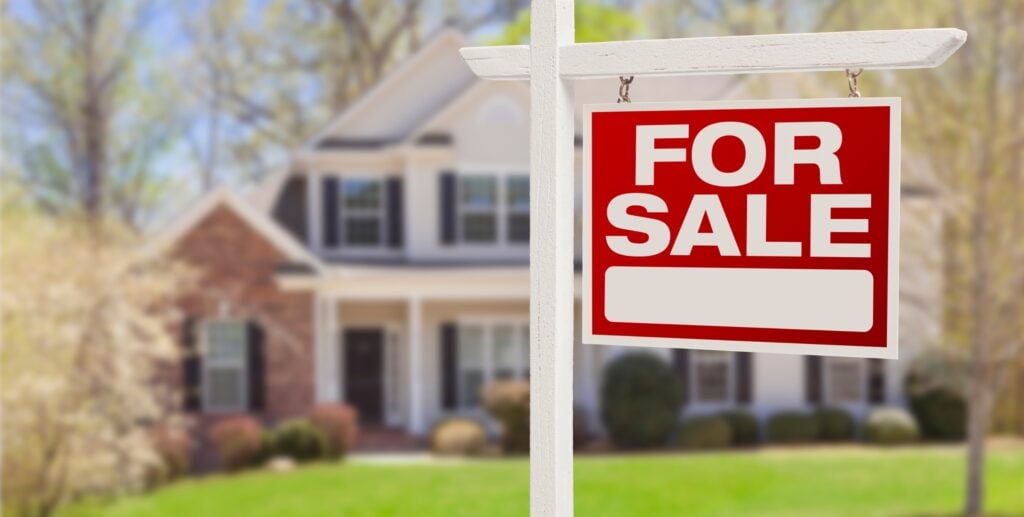Trying to time the market isn’t really possible—or even advised—in real estate. But if you were to try? One might look at cancellation rates—or the rate at which builders’ new home orders are canceled by consumers.
Over the last year or so, they’ve certainly signaled the market’s trajectory well, mirroring buyer sentiment and sending up flags for an incoming downslide or, more recently, a welcome upturn.
It’s not a perfect science, of course, but for investors, it might offer food for thought when plotting future investment moves.
Want to track cancellation rates and the signals they’re showing? Here’s what you need to know.
Cancellation Rates and Consumer Sentiment
Mortgage rates doused consumer demand in 2022. As rates crept toward 7%, buyers began pulling back—and builders saw the proof.
In the third quarter of 2022, KB Home’s cancellation rate hit 35%. By the end of 2023, it was a soaring 68%. Lennar’s notched rates at 21% and 26%; Pulte’s was 24% and 32%.
It was proof that the market had turned a corner—and consumer sentiment had tanked.
Home prices fell steadily month over month, and some areas saw notable drops. By February, prices in the Pacific region of the U.S. were down almost 3% compared to a year prior. In the South, Austin’s median home price tumbled to $387,000, a level not seen in almost two years and a stark drop from its 2022 peak of $555,000.
But just as quickly as things dipped, they turned around again. New home orders soared, and cancellation rates began to drop and eventually stabilize. By the end of the first quarter, KB Home—which had those sky-high cancellations—saw its cancellation rate slip to 36% and then, by Q2, 22%.
As Phillippe Lord, CEO of Meritage Homes, said on a recent podcast, “In the fourth quarter, all we saw was cancellations. January wasn’t great, and then all of a sudden [in] February, we’re selling a bunch of houses.”
Consumer sentiment conversely followed suit, continuing a steady upward trend for most of 2023. As of August, consumer sentiment was up more than 19% compared to a year prior.

Prices started to recover, too. At the end of the second quarter, national home prices were up 3% compared to a year earlier and 1.7% over the first quarter of the year—and all this despite mortgage rates largely holding steady—hovering around 6% and 7% for most of the summer.
Watching Cancellation Rates
Cancellation rates won’t tell you everything, but as of late, they’ve been a good indicator of overall consumer sentiment and potential homebuying activity to come.
To track cancellation rates (and what they might indicate for consumer sentiment) yourself, keep an eye out for the quarterly earnings reports from the nation’s biggest builders. Cancellation rates also regularly pop up in investor calls, so check those transcripts, too.
Some of the bigger builders you may want to watch are:
- Lennar Corp.
- PulteGroup
- KB Home
- D.R. Horton
- Meritage
- Toll Brothers
Related: Home Building is Exploding, But Will it Solve Our Inventory Crisis?
Be sure to consider where those builders are concentrated as well, as it can help indicate where things might head in specific markets. More regional builders like Meritage and KB (which both focus on the South and Western parts of the country) could offer better localized signals than further-reaching builders.





